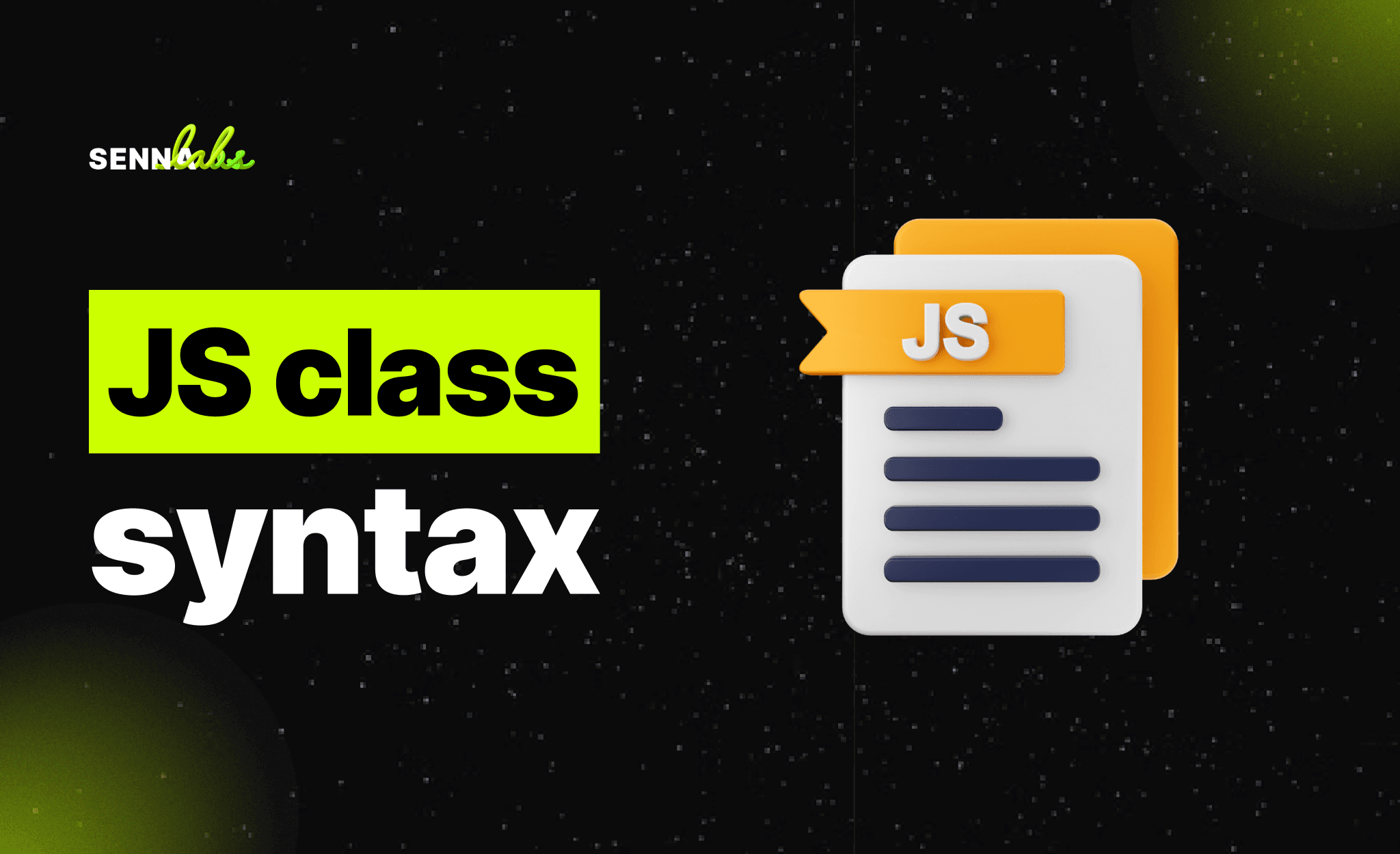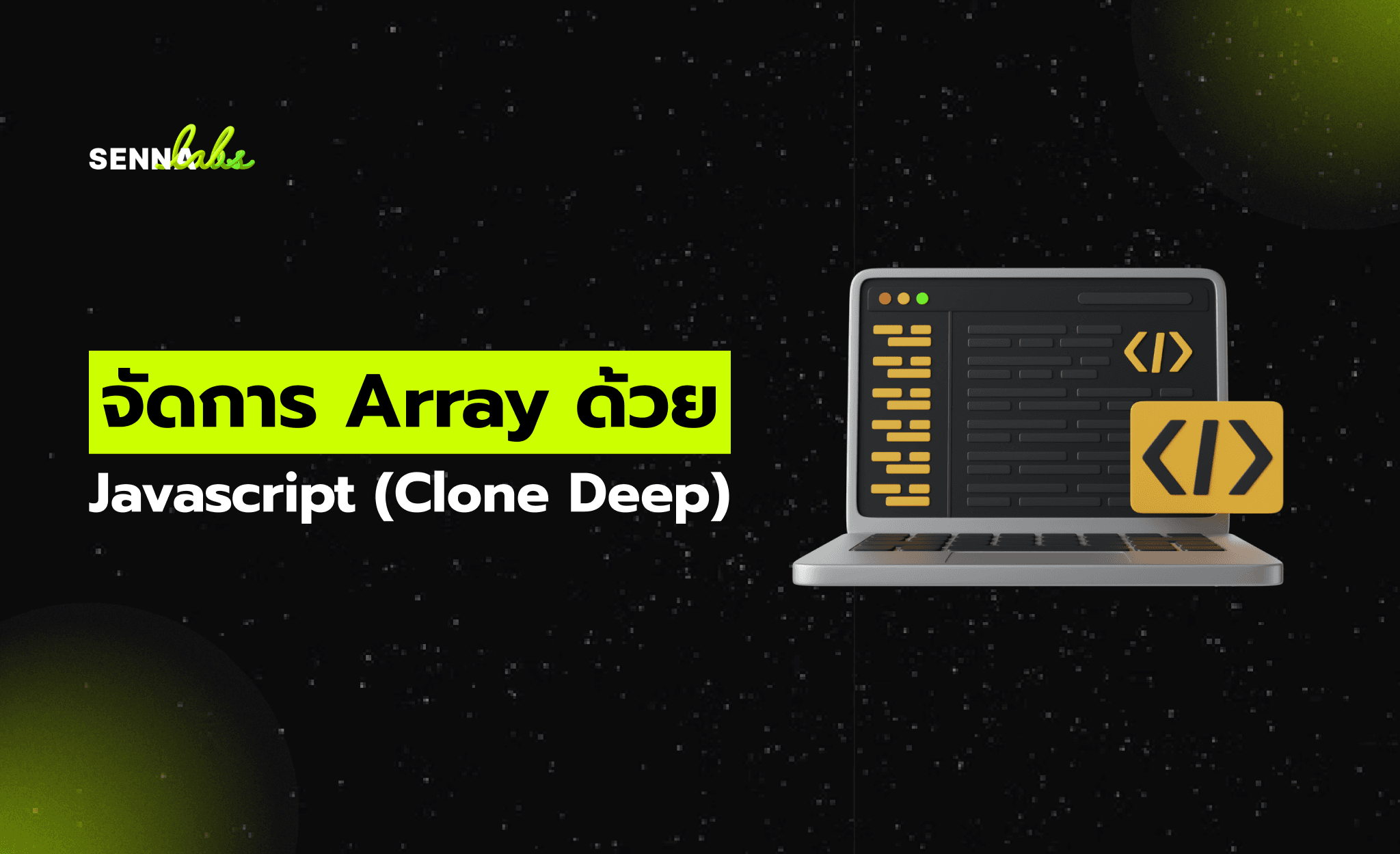Emerging Technologies: Transforming Industries and Shaping the Future

The rapid evolution of technology continues to reshape industries and redefine the way businesses operate and interact with the world. Emerging technologies such as Blockchain, Internet of Things (IoT), Augmented Reality (AR), Virtual Reality (VR), Robotics Process Automation (RPA), and Quantum Computing are at the forefront of this transformation. Each of these technologies offers unique capabilities and benefits, driving innovation, enhancing efficiency, and opening up new avenues for growth and development. This article explores the foundational principles, applications, benefits, and future trends of these groundbreaking technologies, illustrating how they are revolutionizing various sectors and setting the stage for a more connected, efficient, and advanced world. From secure and transparent transaction processing to immersive virtual experiences and automated business processes, these technologies are not only solving complex problems but also creating unprecedented opportunities for innovation and progress. As we delve into the specifics of each technology, we will uncover the profound impact they have on our current landscape and their potential to shape the future of industries worldwide.
Blockchain Development Services
Blockchain is a decentralized digital ledger technology that records transactions across multiple computers securely, transparently, and tamper-resistantly. Each record, or "block," is linked to the previous one, creating a permanent and unalterable transaction history.
Applications of blockchain span various industries. In financial services, blockchain enables secure and fast cross-border payments and facilitates transparent banking and insurance transactions. Supply chain management benefits from improved traceability and transparency, reducing fraud and ensuring product authenticity. Healthcare uses blockchain to secure medical records, enable interoperability between providers, and enhance drug supply chain integrity. Additionally, smart contracts—automated, self-executing contracts—streamline agreements and transactions in sectors like real estate and legal. Blockchain also offers a secure, verifiable way to manage digital identities, reducing identity theft and fraud.
The benefits of blockchain development are multifaceted. Security is ensured through an immutable ledger and cryptography, preventing unauthorized changes and maintaining data integrity. Transparency in transactions reduces fraud and enhances trust among participants. Efficiency is achieved through streamlined processes and reduced intermediaries, lowering costs and transaction times. Decentralization eliminates single points of failure, enhancing resilience and availability. Blockchain is implemented across various industries, including finance, supply chain, healthcare, and government. Future trends in blockchain development include enhancing interoperability between different blockchain networks, improving scalability to handle large transaction volumes, integrating with IoT and AI for automated processes, addressing regulatory challenges, and increasing enterprise adoption.
Internet of Things (IoT) Consulting
The Internet of Things (IoT) refers to the network of physical devices embedded with sensors, software, and other technologies that connect and exchange data with other devices and systems over the internet. This interconnected web of devices spans various sectors, enabling real-time monitoring, predictive maintenance, and enhanced decision-making.
IoT consulting provides expert guidance, strategic planning, and technical support to help businesses navigate the complexities and opportunities of IoT. Consultants develop a clear vision and roadmap for IoT initiatives aligned with business objectives. They assist in selecting the right technologies and ensuring seamless integration with existing systems. Managing and analyzing vast amounts of data generated by IoT devices, consultants enable businesses to extract actionable insights. They design robust security frameworks to protect sensitive data and ensure compliance with regulatory standards. Additionally, they design flexible architectures that can adapt to future technological advancements and business requirements, ensuring sustainable growth.
IoT has diverse applications across industries. In smart cities, IoT technology manages utilities, monitors environmental conditions, and bolsters public safety. In smart homes, it interconnects appliances and devices for optimized energy usage, enhanced security, and increased convenience. In agriculture, IoT utilizes real-time data for precision farming, optimizing irrigation and fertilization, and closely monitoring livestock health.
Virtual Reality (VR) Solutions
Virtual Reality (VR) is a computer-generated simulation that allows users to interact with a three-dimensional environment using devices such as headsets, gloves, and body sensors. VR immerses the user inside an experience, enabling interaction with 3D worlds.
Applications of VR
-
Entertainment and Gaming: Provides a deeply immersive experience, making games more interactive and engaging.
-
Education and Training: Offers a dynamic way to learn and practice skills in a safe environment, particularly useful in medical training.
-
Healthcare: Helps in therapy and rehabilitation, treating conditions like PTSD, anxiety, and phobias.
-
Real Estate and Architecture: Allows architects and clients to visualize buildings and spaces before they are built, providing a new way to experience and evaluate design concepts.
-
Retail: Enables customers to try before buying, exploring virtual showrooms or trying on clothes in virtual dressing rooms.
-
Tourism: Virtual tours can preview hotels, landmarks, and tours, enhancing customer engagement and booking confidence.
The Future of VR
The future of VR is promising, with advancements in technology and lower costs of VR devices. Emerging trends include integration with AI and machine learning, improved accessibility, and expansion into new realms such as mental health therapy and advanced remote collaboration.
Augmented Reality (AR) Development
Augmented Reality (AR) is a technology that adds digital elements to the real world, making everything more interactive and exciting. Unlike Virtual Reality (VR), which creates a whole new digital world, AR enhances the real world with digital information.
AR has numerous applications, particularly in healthcare, retail, education, and manufacturing and maintenance. In healthcare, doctors and surgeons use AR to see inside the body during surgeries, making operations safer and more precise. In retail, shoppers can try on clothes or see how furniture looks in their homes using AR apps. In education, AR brings textbooks to life with 3D models and interactive content, making learning more engaging. In manufacturing and maintenance, workers use AR glasses to get step-by-step instructions while fixing machines, reducing errors and downtime.
The future of AR is promising, with faster internet like 5G making AR experiences smoother and more impressive. AR glasses are expected to become more common, allowing hands-free interaction with digital content. Companies are increasingly investing in AR, seeing its potential to improve various sectors, from shopping to healthcare.
Robotics Process Automation (RPA)
Robotics Process Automation (RPA) involves using software robots or "bots" to automate repetitive, rule-based tasks traditionally performed by human workers. RPA is highly adaptable and can be integrated seamlessly into existing workflows without extensive coding or complex system overhauls.
RPA offers several key benefits:
-
Increased Efficiency: RPA bots work tirelessly around the clock, significantly boosting productivity.
-
Cost Reduction: Automating routine tasks reduces labor costs and minimizes costly errors.
-
Improved Accuracy: Bots follow specific rules, ensuring consistent and error-free task execution.
-
Scalability: RPA solutions can be scaled quickly to accommodate changing business needs.
-
Enhanced Customer Experience: By automating back-office processes, employees can focus on customer-facing activities, improving customer satisfaction and loyalty.
RPA has applications across various industries, including finance and accounting, healthcare, retail, manufacturing, and human resources. In finance and accounting, RPA automates invoicing, accounts payable and receivable, payroll processing, and financial reporting. In healthcare, it streamlines administrative tasks such as patient registration and claims processing. In retail, RPA enhances inventory management, order processing, and customer support. In manufacturing, it optimizes supply chain operations, quality control, and production planning. In human resources, RPA automates recruitment, onboarding, employee data management, and compliance reporting.
As RPA technology evolves, its capabilities are expected to expand with the integration of AI and machine learning. These advancements will enable bots to perform more complex tasks, make data-driven decisions, and adapt to changing environments.
Quantum Computing Consulting
Quantum computing harnesses the principles of quantum mechanics to process information in ways that classical computers cannot match. It utilizes quantum bits, or qubits, which can exist in multiple states simultaneously thanks to superposition and entanglement.
Quantum computing has numerous potential applications, including cryptography, drug discovery, financial modeling, climate modeling, artificial intelligence, optimization problems, and materials science. Quantum computing could potentially break current encryption methods, necessitating the development of quantum-resistant cryptography. Conversely, quantum technology offers the possibility of unbreakable quantum encryption. In drug discovery, quantum computing can simulate complex molecular interactions more accurately, dramatically accelerating the development of new medications. In financial modeling, quantum algorithms can optimize trading strategies, improve risk management, and enhance fraud detection. In climate modeling, more powerful quantum simulations can lead to more accurate climate predictions. In artificial intelligence, quantum machine learning algorithms may lead to more sophisticated AI systems. In optimization problems, quantum computing can solve complex optimization problems more efficiently. In materials science, quantum simulations can aid in the discovery and development of new materials.
Despite its immense potential, quantum computing faces significant challenges, such as the fragility of quantum states and the need for sophisticated error correction techniques. Overcoming these challenges is crucial for building large-scale, fault-tolerant quantum computers. Notable milestones have been achieved, and the field is driving the development of related technologies like the quantum internet. Quantum computing is not a replacement for classical computing but excels at specific types of problems, particularly those involving optimization, simulation, and certain mathematical calculations.
Conclusion
Emerging technologies like Blockchain, IoT, AR, VR, RPA, and Quantum Computing are revolutionizing industries by offering innovative solutions and transforming traditional business models. As these technologies continue to evolve and integrate with each other, they will shape the future of business operations, enhancing efficiency, reducing costs, and improving overall productivity. Embracing these advancements will be crucial for organizations aiming to stay competitive in a rapidly changing technological landscape. These technologies not only promise to solve complex problems but also offer unprecedented opportunities for innovation and growth across various sectors, paving the way for a more connected, efficient, and advanced world.







Subscribe to follow product news, latest in technology, solutions, and updates
Other articles for you



Let’s build digital products that are simply awesome !
We will get back to you within 24 hours!Go to contact us Please tell us your ideas.
Please tell us your ideas.












